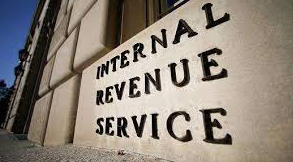
A new report reveals low usage of government-supported tax filing services despite widespread eligibility
A recent report from the U.S. Government Accountability Office (GAO) has revealed that while most Americans are eligible to file their taxes at no cost, only a small percentage actually utilise the available government-supported services.
According to the GAO’s findings from the 2020 tax filing season, although 70% of taxpayers qualified for the IRS’s free-filing programme, only 3% took advantage of the service. This programme, a public-private partnership involving tax software companies, provides free filing to eligible individuals outside the IRS website.
Eligible taxpayers typically include those with an adjusted gross income of $73,000 or less. Despite this, many taxpayers opt for alternative, often paid, filing methods. One proposed solution to address the low participation — introducing a new public filing option — was dismissed by the IRS, citing concerns about funding.
Douglas W. O’Donnell, the IRS deputy commissioner for services and enforcement, wrote in an April 11 letter to the GAO that implementing such an option would require new legislation and additional resources. “If new legislation and funding were approved, then the IRS would expect to assess the feasibility and utility of offering additional tax preparation and filing options,” he said.
The IRS continues to face challenges, including a severe backlog of millions of tax returns and ageing computer systems. Despite recent efforts to expand its workforce by hiring 10,000 additional employees, the agency is still struggling. At the end of 2021, the IRS had a backlog of 35.3 million returns, marking its largest in history.
The GAO report highlighted that the IRS might be underestimating its ability to improve aspects of the taxpayer experience without developing entirely new filing options. The agency’s budget has declined over the past decade, further exacerbating its operational difficulties. IRS officials maintain that increased funding is essential to address these challenges and modernise its systems effectively.












